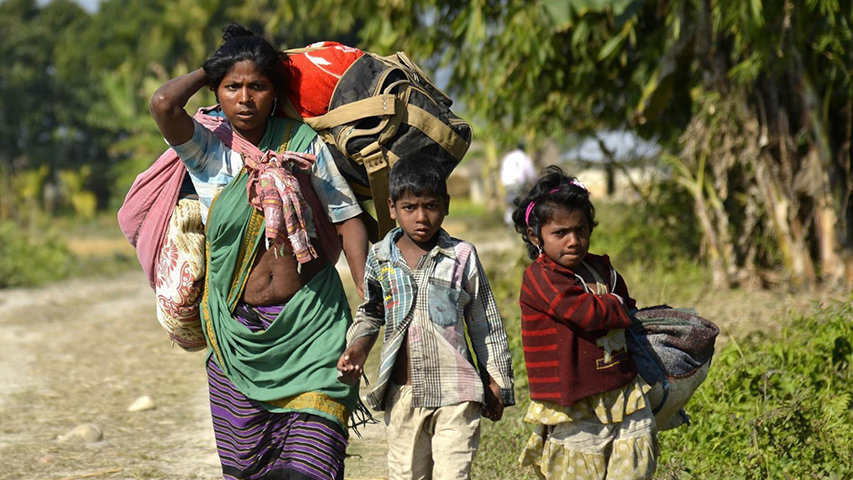
Addressing the Case for Gendered NCD Policies
by Yash Saboo September 18 2018, 2:30 pm Estimated Reading Time: 3 mins, 17 secsThe newly launched report “Global Health 50-50” released by the Center for Gender and Global Health at the University College of London, shows that in the Global Health world, this is not unusual at all. The report attempts to assess the extent to which 140 major organizations either working in or influencing global health address gender equality both in their programming as well as at the workplace, by reviewing their gender-related policies.
It explores seven key domains which examine gender-responsive programming in the organizations and the extent to which they provide a gender equitable workplace. The findings of the report are sobering, to say the least.
Gender equality has seemingly been embraced as a priority in global health. The report is inspired, however, by a growing concern that too few global health organizations walk the talk by defining, programming, resourcing or monitoring gender, either as a determinant of health or as a driver of career equality in their own workplaces.
According to the report, gender determinants of health are among the most significant social determinants of health outcomes. But even as countries around the world are becoming increasingly aware of the dangers of non-communicable diseases and the need to adopt policies to prevent them, few NCD policies take gender into account.
According to the World Health Organization, non-communicable diseases act as key barriers to poverty alleviation and sustainable development. 82% of all NCD-related premature deaths are in low- and middle-income countries. NCDs cause two in three deaths among women annually, and the burden of mortality and morbidity is expected to increase, especially in low- and middle-income countries. Equitable access to essential medicines and care is a part of individuals' 'right to health'.

NewsGram
According to Ken Buse, co-founder of Global Health 50/50, the lack of gender-sensitive NCD policies is reflective of a larger global pattern of gender inequity in public health.
This observation is backed up by research: According to the Global Health 50/50 report, almost half of the 140 sampled global health organizations made no specific commitment to gender equity. Only one in three defined gender, and more than half of the organizations do not mention gender in their programmatic strategies. Finally, two in three fail to report sex-disaggregated data.
One of the first ways that NCD policies can address gender inequity is by ensuring that women have adequate access to health care facilities where they are screened and are educated about NCD risk factors, said Dr. Anil Kapur, member of the pregnancy and NCD committee at the International Federation of Gynaecology and Obstetrics, commonly known as FIGO. While this may seem basic, for many women — particularly those from lower socio-economic backgrounds — such access is by no means guaranteed.
But women are unable to access care due to various reasons. Poverty and lack of education being the major factors. According to the NCD Alliance’s Kanayson, women from lower socio-economic backgrounds often give up accessing care for themselves or funds for their own medicines to provide food or education materials for their children.
“This can result in illnesses being detected at a later stage for women because of barriers to access for screening, which leads to an increased likelihood of deaths,” she said.
FIGO’s Kapur believes that one opportunity to increase access to NCD prevention and treatment for women is by ensuring that NCD education and screening is combined with reproductive health care. Change is required and is required now. It’s important to remember to talk to women and educate them about NCD policies. People should talk to them, not as victims of NCDs — but as agents of change.
Governments and stakeholders need to ensure that they are creating policies that are responsive to the needs of these communities, and we need to make sure that we are consulting with the people these policies are meant to affect.
OMC Power




-173X130.jpg)
-173X130.jpg)
-173X130.jpg)
-173X130.jpg)
-173X130.jpg)
-173X130.jpg)

-173X130.jpg)